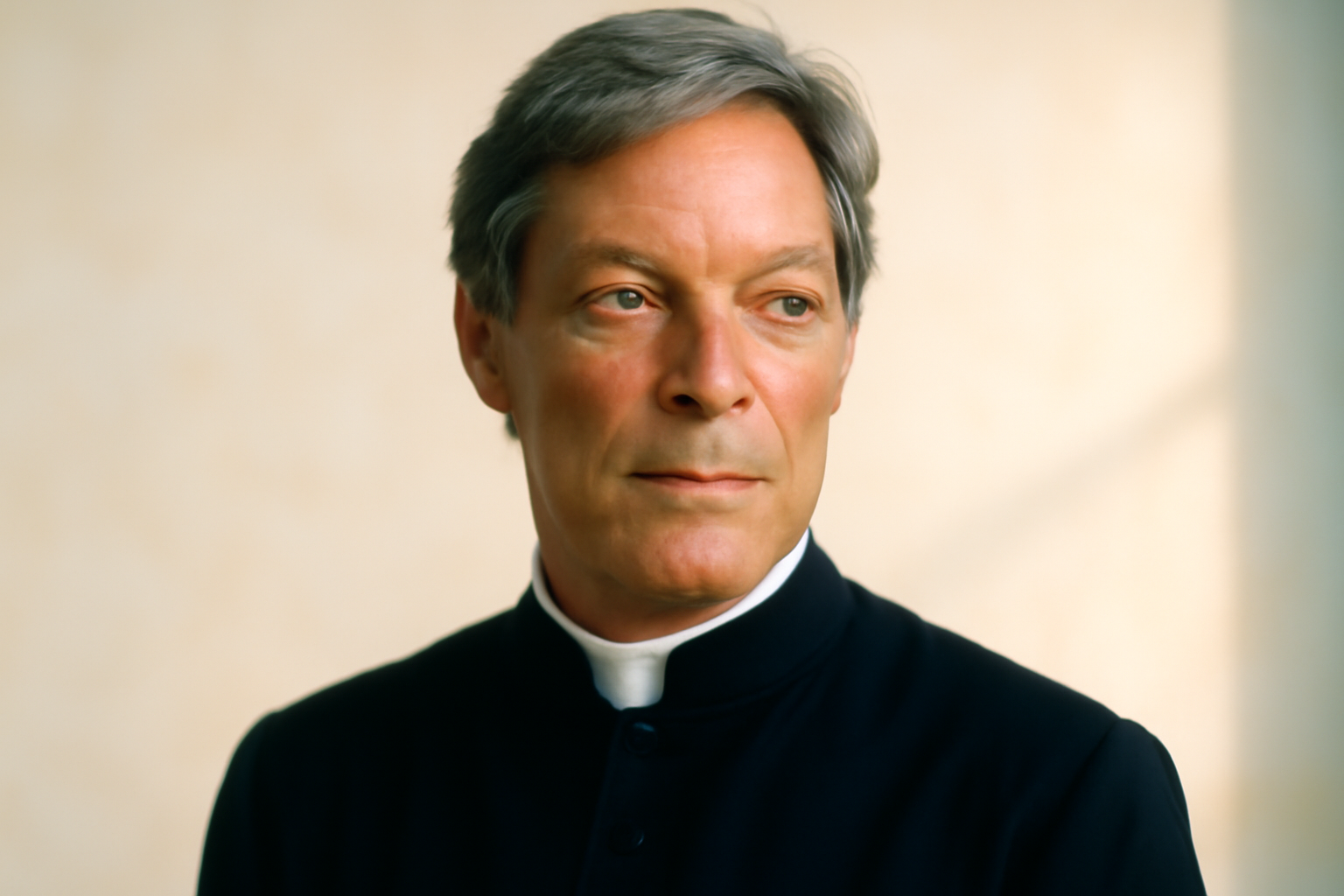
Richard Chamberlain: A Journey Through Hidden Feelings
Richard Chamberlain, a name synonymous with the golden era of television, is celebrated for his charming looks and captivating performances. As an actor, he brought numerous characters to life, but none resonated quite as deeply as Father Ralph de Bricassart from the iconic series "The Thorn Birds." This role not only solidified his status as a heartthrob but also represented a stirring of emotions and personal reflections that mirrored many of his own life experiences.
The Allure of Father Ralph
"The Thorn Birds," based on the novel by Colleen McCullough, tells a sweeping tale set in the Australian Outback. At its center is Father Ralph, a Catholic priest torn between his spiritual commitments and earthly desires. The character's internal struggle and forbidden love for a woman named Meggie Cleary captivated audiences worldwide. Chamberlain's portrayal of Father Ralph was nuanced, conveying the depth of a man conflicted by devotion and longing.
For Chamberlain, stepping into the shoes of Father Ralph meant more than just a career-defining role. It was a chance to explore emotions he had long kept private. The character's secret yearning mirrored his own hidden desires—a poignant reflection of Chamberlain's life as a gay man in Hollywood during a time when such truths were often shrouded in secrecy.
Living in the Shadow of Secrecy
Born in 1934, Richard Chamberlain grew up in a world where societal expectations dictated public and private life. Despite his growing fame and success, he lived under the pressure of maintaining an image that conformed to the Hollywood norm. The public persona of a suave leading man was at odds with his true self, a dichotomy that Chamberlain navigated with grace and strength.
It wasn't until 2003, decades after his portrayal of Father Ralph, that Chamberlain publicly acknowledged his sexuality in his memoir, "Shattered Love." In it, he candidly discussed the challenges of living a double life and the liberation that came with embracing his identity. For many fans and members of the LGBTQ+ community, this revelation was a powerful reminder of the struggles faced by those who have to hide their true selves.
Impact and Legacy
Chamberlain's journey is emblematic of the broader experience of many LGBTQ+ individuals during the 20th century. His story highlights the personal sacrifices made in the name of career survival and societal acceptance, but it also celebrates the resilience and courage needed to eventually live openly and authentically.
The portrayal of Father Ralph remains one of Chamberlain's most memorable roles, not only for its romantic allure but also for its reflection of his own internal conflict. This connection between character and actor created a layer of depth that resonated with audiences—many who felt a kindred spirit in Chamberlain's struggle and triumph.
A Lasting Influence
Today, Richard Chamberlain is celebrated not only as a talented actor but also as a pioneer for LGBTQ+ visibility in Hollywood. His story continues to inspire many to embrace their true selves, to live authentically despite the pressures to conform. As we reflect on his legacy, we are reminded of the power of storytelling and the impact of representation in media.
Father Ralph de Bricassart's tale of forbidden love and Chamberlain's real-life journey both speak to the universal quest for identity and acceptance—a journey that resonates with many who have ever felt the need to hide in the shadows.
As we celebrate Chamberlain's contributions to film and the LGBTQ+ community, we honor the courage it takes to tell one's own story. His legacy is a testament to the enduring power of living one's truth, inspiring generations to come.
Related Posts
Triumphant Trans Woman Wins Legal Battle and Inspires Others to Stand Up for Their Rights
Breaking new ground: a landmark victory in transgender rights After battling in courtrooms and enduring endless challenges, Diana Portillo, a transgender woman, has secured a monumental victory in her decade-long fight against workplace discrimination. The result? Nearly $1 million awarded in a historic settlement. But this isn't just a win on paper—it represents a powerful precedent in combati [...]
Pride Month in Latin America: Protests and Demands for Equality
**Celebrating Pride and advocating LGBTQ+ rights in Latin America** Pride Month in Latin America was a lively mix where celebration met activism. Communities united, not just throwing a party but making a stand—demanding equality and pushing governments toward better protection and rights recognition. Throughout Latin America, pride events erupted in marches and cultural displays, each with a c [...]
Transgender Erasure Actions Implemented by National Park Service
```html Trump administration's impact on national park service and transgender recognition The Trump administration made notable moves in undermining transgender representation, which included directing agencies like National Park Service not include "T" and "Q" when they refered “LGBTQ” in any official communication. This move seems part a broader plan by this administration aimed at reducin [...]